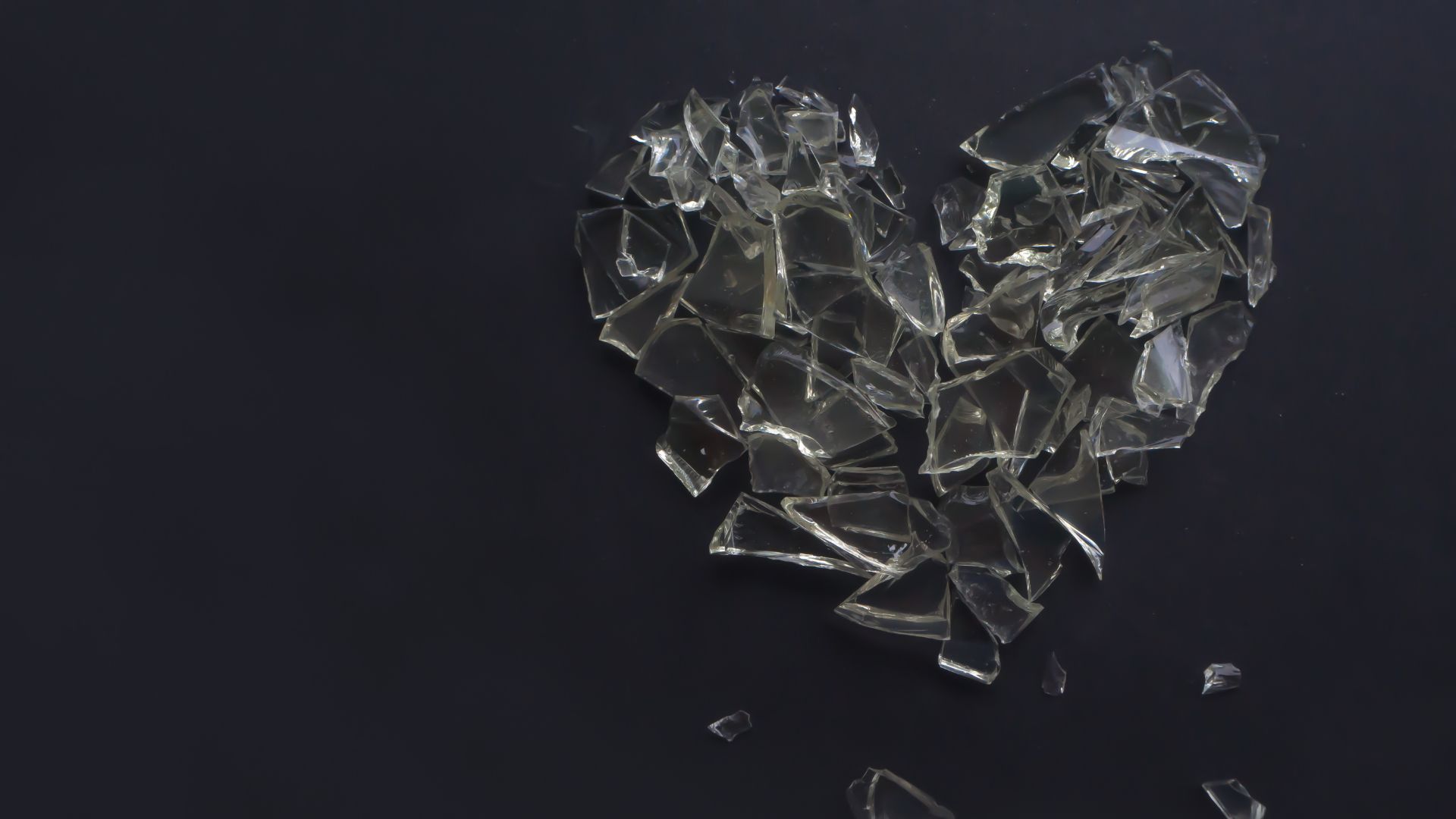In the tumultuous journey of life, we often encounter unexpected storms that test our resilience, patience, tolerance, and self-worth. It’s a lesson many of us learn the hard way: we can’t break ourselves to fix others, and we can’t force others to love us the way we know we deserve to be loved. It’s a sobering truth that becomes even clearer when we realize that if a person hasn’t experienced true love, they don’t know how to handle it when they have it.
Recently, I found myself in a surreal situation that shook the very foundations of my trust and love. A storm that came out of nowhere and ravaged my sense of peace in its path. This experience drove home the lesson that never try to make someone love you, and don’t wait until it’s too late to realize they will never do it. Love should be freely given and received, not coerced or demanded.
It’s like trying to help someone see through a clear glass when they are blinded by the fabrications about us they put in their brain. We often find ourselves facing a wall of misunderstandings, unable to break through and make them see the truth. And if we are not careful, things can get out of hand, for everyone. After all, there is just so much a person can take. It becomes painfully evident that lying to loved ones to make yourself feel better about whatever shortcoming you have is the essence of evil. Honesty and open communication are the cornerstones of healthy relationships, and when these are compromised, the foundation crumbles.
Betrayal is a wound that runs deep, and it’s a sentiment that I encountered in the midst of this challenging experience. Attacking someone who loves you with fabricated stories is a painful form of betrayal. It’s a stark reminder of the fragility of trust and the emotional toll it can take. Betrayal erodes the foundation of any relationship, leaving scars that may never fully heal. It’s a lesson in the importance of honesty, respect, and empathy in our connections with others. In the face of betrayal, we must remember that our self-worth remains intact, and our capacity to love and be loved can endure, even through the most turbulent of storms.
We’re not required to set ourselves on fire to keep others warm. In the midst of this challenge, I realized that prioritizing my own well-being was not selfish but essential. It’s a lesson that resonates deeply: our mental and emotional health must come first, even in the most challenging of relationships. Self-care is not a luxury; it’s a necessity for our overall well-being.
Despite the hardship, we must keep trying to love and be loved, because aging alone sucks. The human connection, flawed though it may be at times, is a fundamental need. While my recent experience has been a painful reminder of how love can turn into turmoil, it hasn’t extinguished my belief in the power of love and the power to be loved, wholeheartedly. I know it is possible. I know it exists.
We must remember that we deserve to be loved and cherished, just as we love and cherish others. We deserve to receive the same level of love, commitment, and dedication we put in. But it should never come at the cost of our own well-being. It’s not easy to find the balance, but it’s a journey worth taking.
Life’s storms can be unexpected and challenging, but we’re not required to break ourselves to fix others, regardless of how much we may love them. However, despite the hardships, we must keep trying to love and be loved because, in the end, the warmth of genuine connection is what makes life truly meaningful.
Also, taking ownership of our mistakes is a crucial aspect of personal growth and maintaining healthy relationships. When we acknowledge our errors and refrain from blaming others to protect our self-esteem, we demonstrate maturity and integrity. It’s an act of self-reflection that allows us to learn and evolve from our missteps. In contrast, deflecting blame onto others only serves to exacerbate misunderstandings and erode trust. It’s important to recognize that we all make mistakes, but it’s how we handle them that defines our character.
